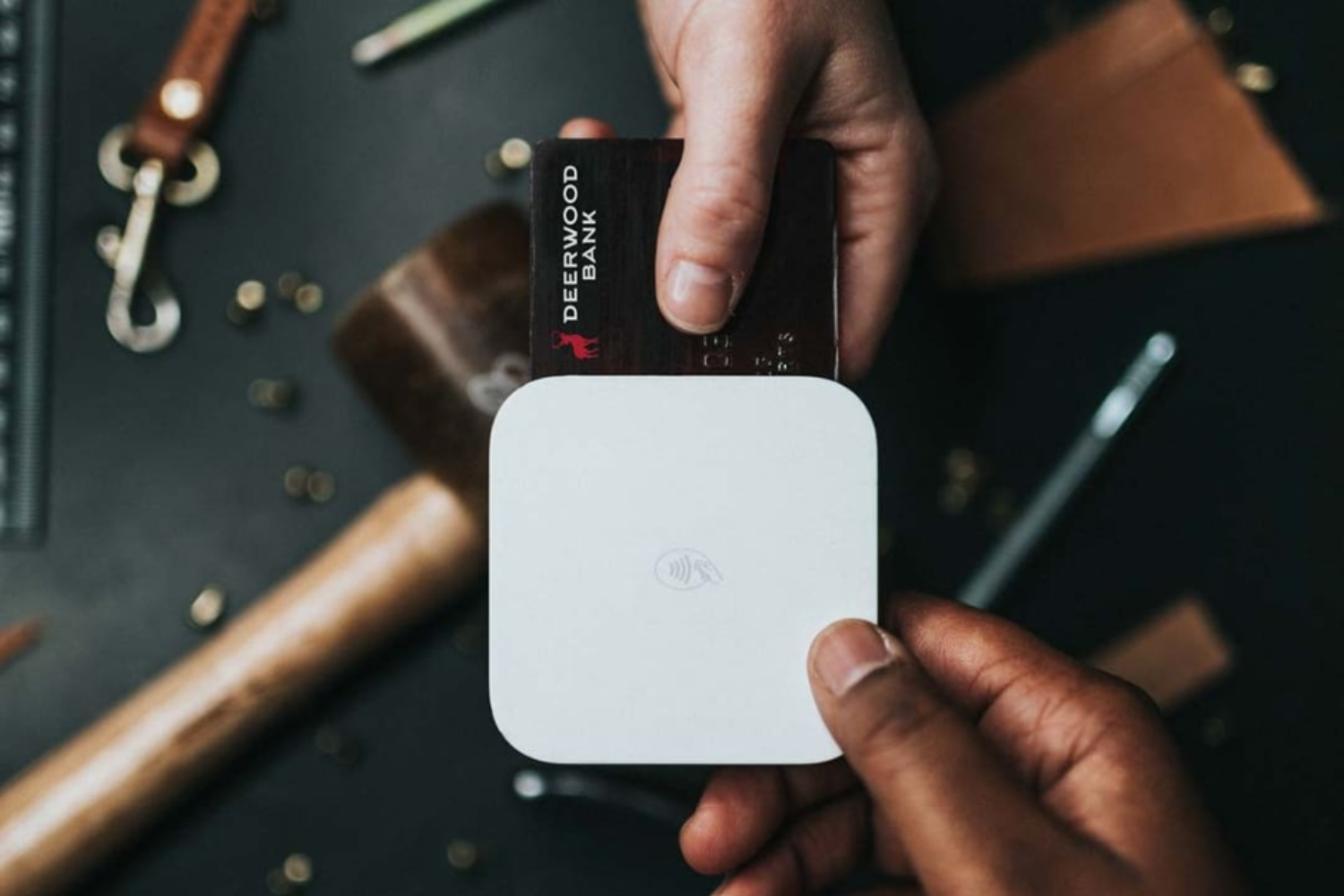Managing finances can be tricky. However, a budget can be the cure to your financial headaches. By creating and sticking to a budget, you can take the thought out of your spending. Budgeting allows me to think about each of the purchases that I make throughout my daily routine, and be intentional with the decisions and transactions that I make. Budgeting also allows me to prioritize my finances based on what I find important in my life. Buying groceries = very important. Those red shoes that caught my eye at the store last weekend = not very important. Let’s take a look at 10 budgeting tips that I have found to be extremely helpful:
- Start with your goals. What are you hoping to accomplish by creating this budget? Are you working to get out of debt? Are you trying to get a better grasp of how and where you spend your money? Whatever your objective, start with that and build your budget to achieve your goal.
- Categorize and prioritize your expenses. It is important to know what expenses are worth your money. With food, shelter, and health being our top priorities, start there and work your way down in order of what you can and cannot live without. For example, rent and groceries should get top priority for your available funds, while online shopping and vacation funds should receive a much smaller portion of your budget and focus.
- Be realistic. Let’s face it, when we first open up our budget app, we are probably at our most optimistic point of the day. We think that from now on this budget is our bible and we are not going to break it’s rules. My advice – be realistic about the expenses you have in front of you. You won’t be able to live on $30 worth of groceries for the month. Analyze your previous bank statements and make realistic judgments on how much you can and should spend.
- Pick out your weaknesses and budget to avoid them. If you are spending way too much money on your morning coffee stops, adjust your budget so that it will force you to limit, or even skip this expense. Instead of $3 a day on coffee, try setting your coffee budget to $12 a month, allowing yourself one coffee stop per week!
- Download and use a finance management app. Finance management apps can be incredibly helpful in tracking your expenses and maintaining a budget. Many finance apps provide you with a one-stop overview of your entire financial situation. Looking for a good tool? Later this month, check out the new Deerwood Bank app which will include an interactive and customized financial manager tool. In the meantime, take a look at this article from our Retail Operations Manager, Robynn Halstad, as she breaks down her three favorite finance apps for consumers.
- Set up an auto payment schedule for all of your subscriptions and monthly expenses. Set up a payment schedule for your recurring subscriptions. In turn this allows you to forget the anxiety that comes with a missed payment. By setting up auto pay, everything gets paid on-time and from the account of your choosing. Planned payments = simplified budgeting.
- Budget yourself empty. Budget each month so that you use up the entirety of your income. Does this mean budgeting money for clothes shopping just so you can use up all of your money? Absolutely not. Instead, budget extra dollars into savings accounts or an investment account. Put unused dollars to use by investing them or accruing interest on them through a savings account. By not leaving extra dollars laying around at the end of your budget, you are taking away the temptation to spend money on unneeded expenses. BONUS FUN IDEA: budget unused dollars into a “vacation fund”. Before you know it, you might catch yourself on a flight to your dream destination…
- If you haven’t already, open up a savings account. The paragraph above should explain why 🙂
- Be flexible. The reality is some months are going to be more costly than others. Unexpected expenses come up. It is important that you remain flexible with your budget and your spending. Here is a good tip – if you see that you are already spending too much of your grocery budget for the month, reevaluate your budget and look for other categories that you can cut back on so that you ultimately come out even at the end of the month. Simply do your best to make it work!
- Cut yourself some slack. Like I said above, life will get in the way of this budget in one way or another, I can promise you that. Don’t fret on your mistakes or misses. Building and sticking to a budget takes time and effort. The important thing is to keep trying, and pay attention to your progress.





